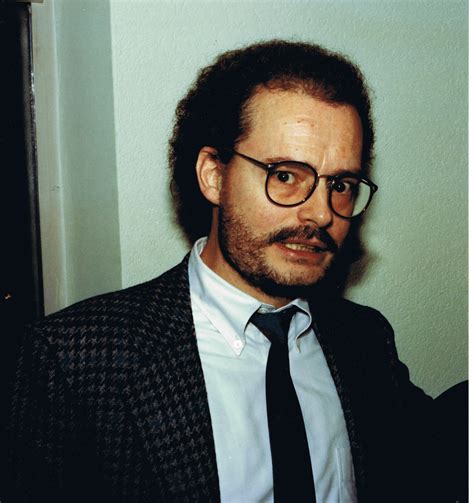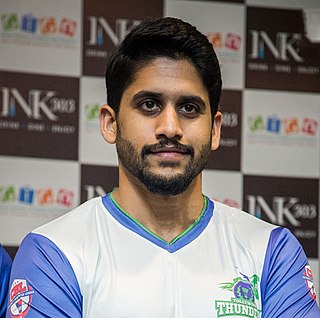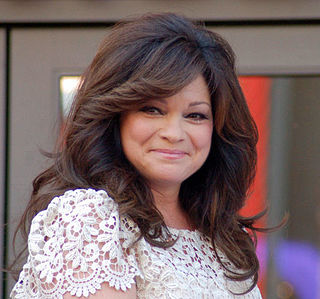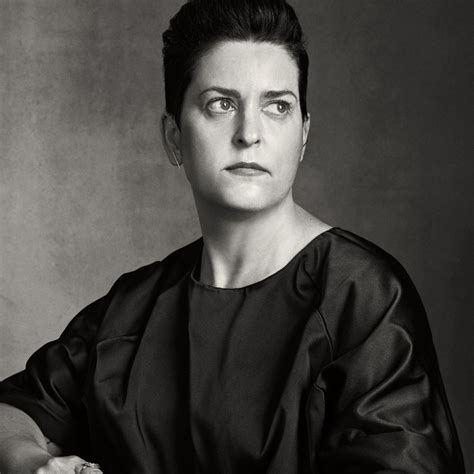A Quote by Marilyn Hacker
'Love, Death and the Changing of the Seasons' is a kind of novel in verse about the arc of an urban lesbian love affair - and I suppose there is a certain amount of voyeurism in the consumption of fiction! The 'Sancerre' poems here are more contemplative and about the relationship of the individual to local and wider histories.
Related Quotes
Writing fiction, for me, is a more indirect form of self-exploration than writing verse. When I'm working on a novel I'm moving characters around and I'm thinking about plot and there's a lot of other things going on at the level of structure and story. With a poem, a single idea or line or emotion can sometimes be enough - there's often a sense, in the best poems, of capturing a single instant. Perhaps poems differ from prose in the degree of solace they can offer - by speaking so personally, so directly, about shared experience. A few lines of poetry can provide comfort.
There are many options in a marriage. If the couple has been together for a certain amount of time and has a certain amount of liberalism or life experience, it could be the kind of relationship in which one partner ventures into the occasional affair, which is then forgiven. This only happens every 13 years on average, but it obviously does occur.
Relationship means something complete, finished, closed. Love is never a relationship; love is relating. It is always a river, flowing, unending. Love knows no full stop; the honeymoon begins but never ends. It is not like a novel that starts at a certain point and ends at a certain point. It is an ongoing phenomenon. Lovers end, love continues. It is a continuum. It is a verb, not a noun.
We fell in love during the making of 'Ye Maaya Chesave' in 2009, and the love affair continued very well in the following years. I was, however, delaying revealing to my parents about my love affair despite Sam's insistence. One day, when we were chatting casually, Sam threatened to tie a 'rakhi' on me if I didn't tell about the love to my parents.
One of the dark truths about dictators - and it applies to Gaddafi - is that on some level, they love their people. But it is a strange love. It says, 'I love you for me; I don't love you for you.' That rhymes with a certain kind of Libyan father who was always certain about what was good for those around him. Those fathers lose in the end.
But I am all for love, and I am against marriage, particularly the arranged kind, because the arranged marriage gives you satisfaction. And love? - love can never satisfy you. It gives you more and more thirst for a better and better love, it makes you more and more long for it, it gives you tremendous discontentment. And that discontent is the beginning of the search for God. When love fails many times, you start looking for a new kind of lover, a new kind of love, a new quality of love. That love affair is prayer, meditation, sannyas.
I suppose the most radical part of my teaching at present is that love is not a feeling. Everybody suffers from love, or the fear of it, or the lack of it. Why? Why is love so universally and inevitably heart-breaking, whether it be through the end of a love affair, the death of a loved one or being locked in with the habitual casualness or grim indifference of a partner? The answer is because we've been taught and conditioned by the world to believe that love is a feeling.
Photography's relationship with pornography is as old as photography. That kind of unholy relationship is formed from the very beginning, and there's a reason why: it's thoroughly enjoyable to be that voyeuristic. Voyeurism is a very old modality, and most of the history of photography is in some way related voyeurism.
Marriage is not a love affair. A love affair has to do with immediate personal satisfaction. Marriage is an ordeal; it means yielding, time and again. That's why it's a sacrament; You give up your personal simplicity to participate in a relationship. And when you're giving, you're not giving to the other person; you're giving to the relationship.






































